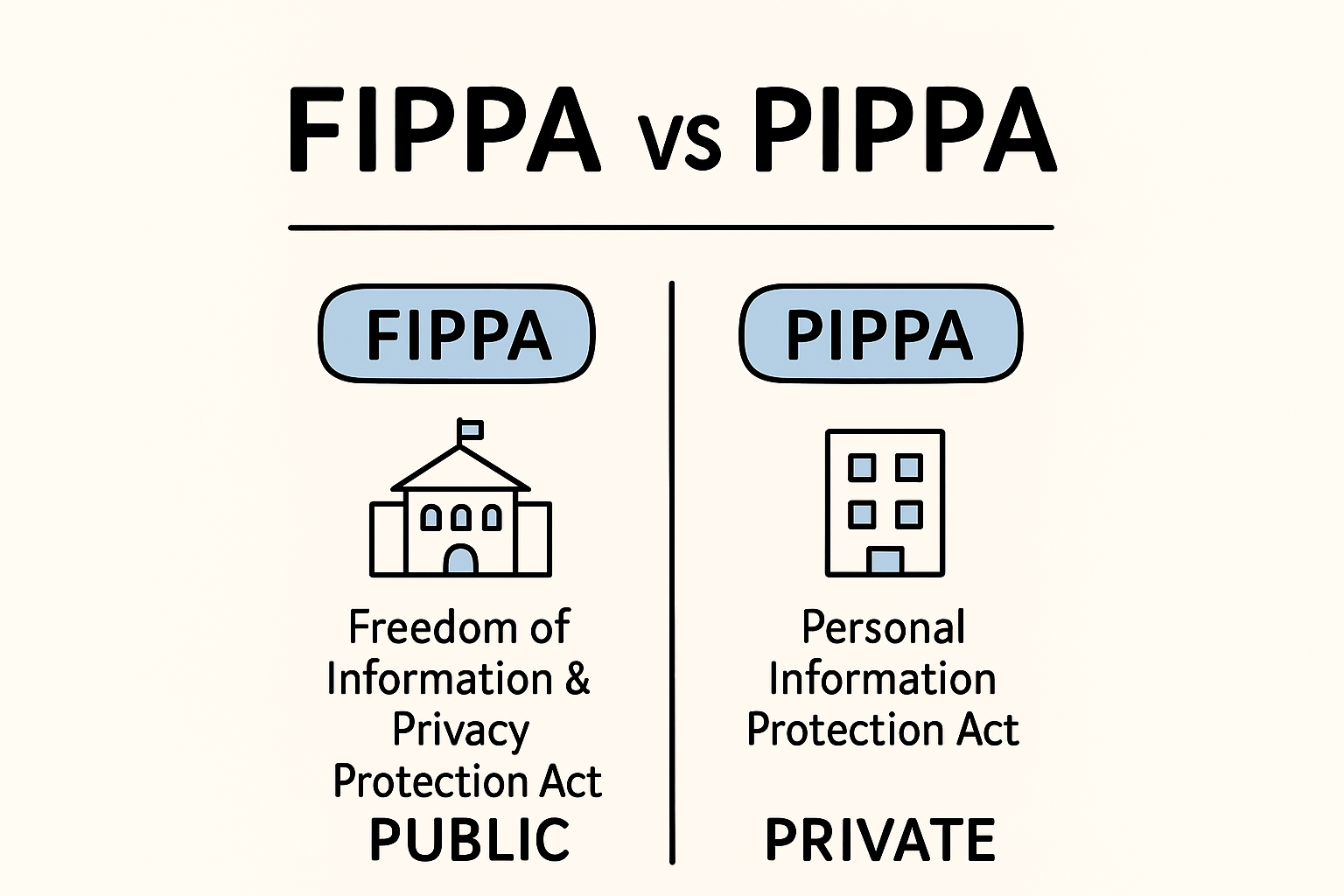Week 2 Reflection: Datafication, Privacy, and Open Education
What?
I have studied and explored various resources related to online and open education, such as Bonnie Stewart’s talk on datafication, Valerie Irvine’s overview of data privacy, consent, copyright, and resources on Creative Commons, FIPPA, and PIPPA. All of these resources highlight the growing presence of digital data in education and emphasize the importance of protecting learners’ rights in today’s connected world.
According to Stewart’s talk, datafication refers to the process of converting human activity into quantifiable data that can be tracked, analyzed, and monetized. This process has multiple effects depending on the context in which it is being used. In the educational context, this process includes everything from learning management systems to student discussion boards. Although these tools and technologies aim to improve the learning process, they also raise concerns about surveillance and autonomy.
In Valerie Irvine’s video, I had a chance to reflect on the responsibilities that educators and institutions have under privacy laws like FIPPA (Public bodies) and PIPPA (private bodies). It showed that no matter how small the decisions are, they carry huge implications regarding users’ privacy. Creative Commons tools provided a practical way to share work ethically and openly.
So What?
By understanding these issues, we can make sure that we fully understand the positive and negative aspects of using technology in learning. These matters lie at the intersection of technology and ethics. Datafication sheds light on the tension between analytics, which provides personalization, and the support of inequities if interpreted without context. For example, in an online course website, a student logs in less frequently than others may appear disengaged, but in reality, they might be balancing work or family responsibilities.
As an International student, I am very concerned about my data online, where it’s being stored or who has access. This is where privacy laws such as FIPPA and PIPPA come in, as they set boundaries on how institutions handle sensitive data.
Now What?
After learning, I will be more careful regarding the use of the tools I use and share. In the future, if I want to create learning resources, I will prefer to license them with Creative Commons to support reuse and remixing. In case I need to use new platforms, I will make sure to read their privacy policies, which will allow me to consider the implications for my personal data.
References & Links:
Valerie Irvine’s videos: Valerie Irvine · YouTube Channel YouTube
OTESSA 2025 keynote speakers page: OTESSA 2025 Keynote Speakers otessa.org
